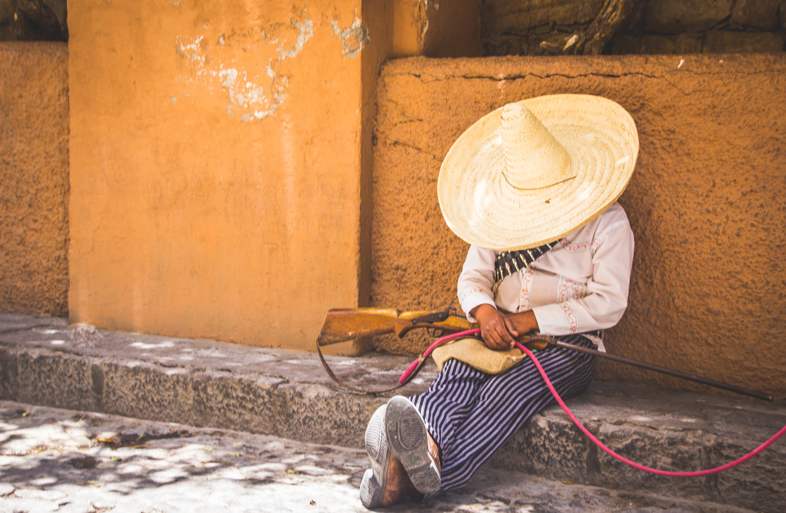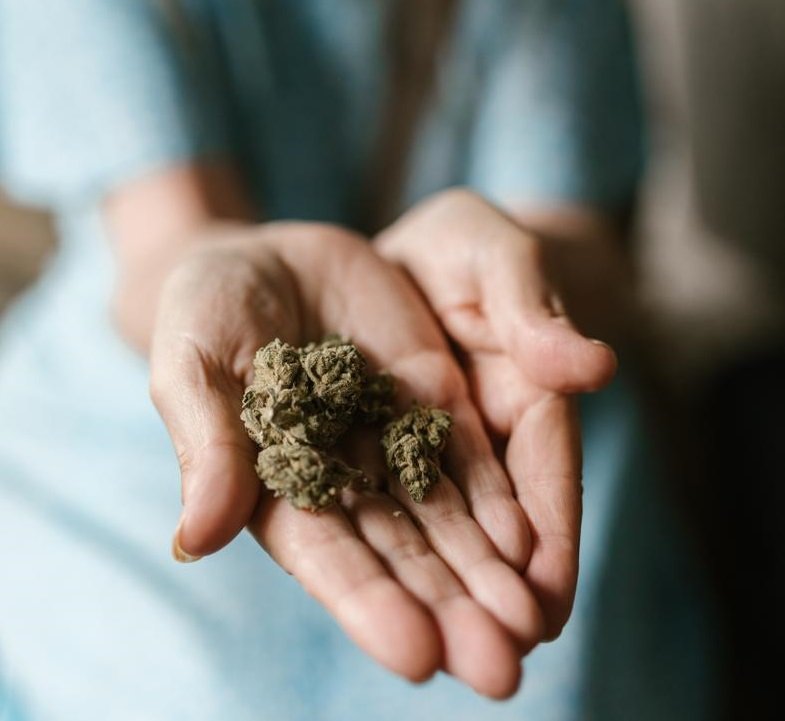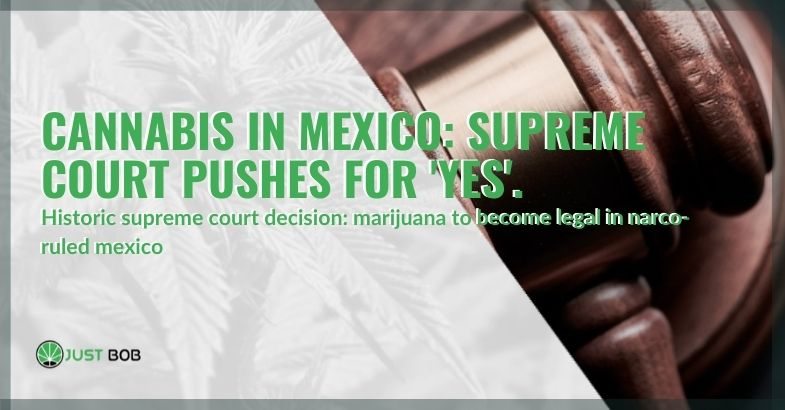Modified on: 23/10/2023
Historic supreme court decision: marijuana to become legal in narco-ruled Mexico
By a majority vote, Mexico’s Supreme Court has approved the legalization of the recreational use of marijuana for adults. “This is a historic day for the triumph of freedom,” said the president of Mexico’s highest court, Arturo Zaldívar.
As with alcohol, regulations will be needed to prohibit its consumption in public, in front of minors or third parties who feel offended by such use.
Mexico of the narcos will thus be the second Latin American country, after Uruguay, to liberalize cannabis, which, it is hoped, will no longer be in the hands of the cartels.
Read also: Where does cannabis come from?
Origin of the Mexican cartels
Mexico, a producer of narcotics and a transit country, is the leading supplier of cannabis and a major supplier of methamphetamine to the United States; almost half of the cartels’ revenue comes from marijuana and hashish.
The birth of the drug cartels is traced back to a former Mexican federal law enforcement agent, Miguel Ángel Félix Gallardo, who controlled the entire illegal drug trade in Mexico and the Mexico-US border corridors in the 1980s.


Gallardo began smuggling marijuana and opium into the United States and was the first Mexican to liaise with the Colombian cartels, later becoming the point man for the Medellín cartel, run by Pablo Escobar.
In 1987, Félix Gallardo founded the Guadalajara cartel, which thrived and, above all, thanks to protecting the highest levels of politics and the national security apparatus.
In particular, the cartel was supported by the “Direction Federal de Seguridad”, the former Mexican Intelligence. Even the CIA considered Gallardo a collaborator for the logistic-financial support given to the Contras in Nicaragua (counter-revolutionary armed groups created to fight the Sandinista government and supported by the USA).
The birth of the cartels
Gallardo carried out a sort of privatization of drug trafficking in Mexico, entrusting it to other minor organizations whose leaders were much less well known and, therefore, less subject to DEA enforcement action.
El Padrino (as Gallardo was called) summoned the principal Mexican narcos to Acapulco and, with them, designated the new plazas and the new routes of the drug traffic towards the United States:
- Tijuana Cartel – the Tijuana route would go to the Arellano Felix brothers, grandsons of the ‘godfather’;
- Juárez Cartel – the Ciudad Juárez route would have gone to the Carrillo Fuentes family.
- Sonora Cartel – the Sonora corridor was assigned to Miguel Caro Quintero Félix Gallardo, who would continue to oversee operations at the national level, thanks to his important connections, but would no longer have precise control of the entire business. He was then arrested on 8 April 1989.
Other arrests, greed and an unrelenting desire for power led to numerous conflicts between the cartels, which became independent of each other by the end of the 1990s.
Read also: Legal cannabis with more CBD: here is Justbob selection
Cannabis: Supreme Court pushes Parliament
On 28 June, the Mexican Supreme Court ruled that prohibiting the consumption of cannabis and CBD cannabis for recreational purposes violates the right to free development of the personality.
The issue had already been addressed years ago by the NGO México Unido Contra la Delinquencia (Mucd). The members of Mucd created the “Mexican Society for Responsible and Tolerant Self-Consumption” (S.m.a.r.t) : an association whose main objective was to request permission from the health authorities so that its members could produce and consume cannabis recreationally and on a non-profit basis.
At the end of June, the decision is historic, coming after the Supreme Court had given Congress a limited time to bring drug legislation into conformity with the Constitution.
What does the Declaratoria General de Inconstitucionalidad actually entail?
The effects of the Declaratoria General de Inconstitucionalidad (DGI), the set of rules concerning personal consumption of cannabis, approved by the Supreme Court of Mexico, will not be particularly significant for Mexican marijuana users.
The only natural effect is that authorities will no longer be able to deny permits. Still, the possibility remains for police to detain those found in possession of cannabis for the time necessary to verify the amount possessed (if more than 5 grams, it will be punishable under the Penal Code).


Possession of more than 5 grams of marijuana is punishable.
The FD will allow smoking and growing hemp at home without minors but buying it and transporting it on the street will remain a potential problem. Therefore, the Supreme Court urges Parliament to legislate as soon as possible to provide security for consumers.
What will happen next?
It is undeniable that the cannabis market is coveted by many due to the relatively low cost of land and labour and could potentially be the largest market in the world.
Numerous companies are, of course, already under the effects of this ‘green fever’, and the giant Medical Marijuana Inc. recently opened a branch in Mexico.
All, however, must await the verdict of the Mexican Congress, which, in the coming months. Then, it must decide on the direction to take and whether to implement the Supreme Court verdict, thus giving aid to the farmers and taking resources away from the narcos.
In the meantime, you can look at our products like CBD hashish, CBD cannabis and CBD oil that we sell in our online shop JustBob. We are waiting for you.









